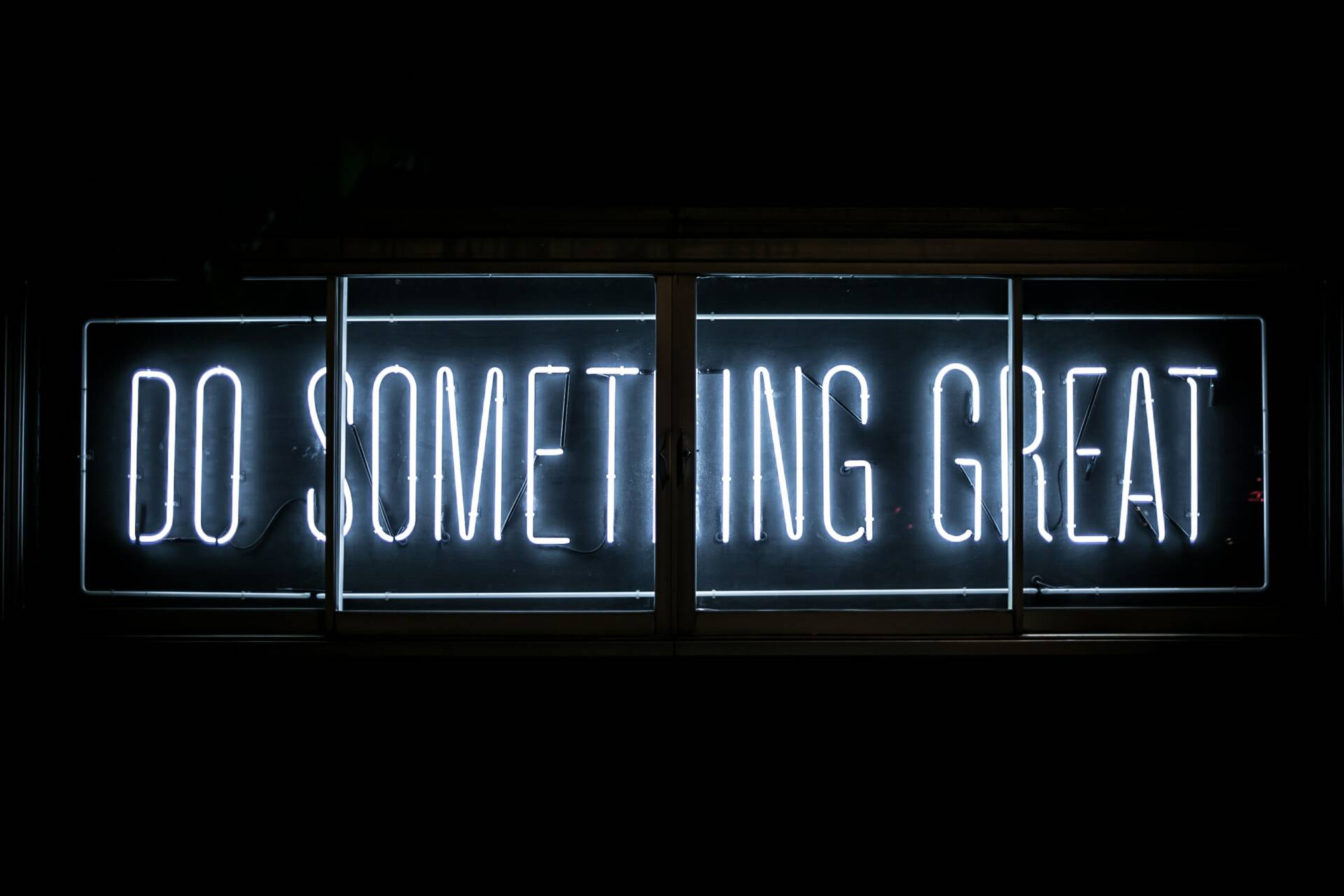Jamison Miller | Director of Research Communication
Making changes is easy. Making improvements is hard.
Lumen Learning’s Improve It Challenge grant program invites anyone and everyone to engage in the continuous improvement of open educational resources. Our goal is to foster community engagement in the improvement of learning materials for all students. We want to leverage the power of community and collaboration by catalyzing and supporting efforts to make changes to existing OER, validate the effectiveness of those improvements, and share them with students everywhere.
Through the analysis of aggregated, anonymized student data using our RISE Framework, each semester we identify a set of learning outcomes from our courses that students struggle with most. Because all of our open content is aligned with specific learning outcomes, we can identify which OER are supposed to be helping students learn those difficult outcomes. And that’s where you come in – we want to pay you to help us improve the OER supporting these difficult outcomes.
You’ll begin by summarizing your ideas about how to improve the OER in a brief written proposal. As part of that process, we’ll ask you to describe the way the changes you propose to make are rooted in instructional design principles and learning science research. We’ll also ask you to take the opportunity to address any issues you find relating to accessibility and inclusion. We believe that one of the primary advantages of gathering perspectives from the wider community will be how it helps shape the material in ways that are more sensitive to the needs of students of all abilities, racial, ethnic, gender, and economic backgrounds.
Rather than proceeding with the implementation of changes and merely hoping that novel – even if well-reasoned – changes will improve learning, we will use randomized controlled trials (RCTs) to test the impact of your revised and remixed OER on student learning. Once our team reviews your suggested changes for accuracy and quality, we will deploy the changes alongside the original content for A/B testing. After a semester of use by students across the country, we will be able to tell whether your changes actually made a measurable impact on student learning. Changes that improve student outcomes will become the default OER for all future students. Changes that neither improve nor harm student learning will be linked as alternative presentations as a way to diversify the materials and offer faculty and students other perspectives on the material.
How it works
Applicants will select a learning outcome from Lumen’s list of outcomes students across the country struggle with. Then, applicants will draft a proposal and submit it to Lumen for review. Those submitting the best proposal for each learning outcome will receive a $250 grant to revise / remix / create new, openly licensed learning activities aligned with these difficult outcomes. If A/B testing demonstrates that the updated learning activities significantly improve student learning, grantees will receive a 10x bonus – $2500.
Stage 1: Proposals. What are we looking for?
The first stage of the grant process is to write up a proposal for changes. We are seeking concise proposals of 250-500 words that clearly explain your plan to improve learning based on the following criteria.
- Select a topic from our identified outcomes and review the OER that currently support the outcome you’ve selected.
- Describe instructional design principles you intend to apply in your improved version of the OER. Whenever possible, provide citations showing that the principles have been empirically validated in peer-reviewed research.
- Address accessibility standards to ensure your proposed changes can be used by all students. Your new OER should conform with the applicable requirements of Section 508 of the Rehabilitation Act of 1973 as Amended in 1998 and the Web Content Accessibility Guidelines (WCAG) 2.0. These are Lumen’s policies on accessibility.
- Explain how your changes will be sensitive to and engage with representation, diverse perspectives, and decreasing bias.
The due date was May 31, 2022 for the first round of proposals. The next round will be announced in September, 2022.
This is the rubric we will use to evaluate proposals. Take a look at it to better understand what we’re looking for, and don’t hesitate to contact us with any questions.
Stage 2: Build and submit changes
After review, those with the highest scoring proposals will be invited to build out the changes. Lumen will then implement the changes in our A/B testing process for the following semester. Once the semester has run its course, student outcomes will be assessed. If your changes result in a statistically significant improvement, you will be awarded an additional $2,500. If not, and if your changes do not result in poorer performance by students, we will link to them as a way to offer alternative perspectives on the material.
Why we’re excited
We believe that community collaboration can be a cornerstone to achieving our mission to improve learning for all students. The Improve It Challenge is about operationalizing that potential by leveraging the power of
- OER to enable iteration,
- Collaboration to diversify and improve content, and
- Testing to validate effectiveness
For more information or to inquire further, please contact us through our support page and put “Improve It Challenge” in the subject line. We look forward to hearing from you!

